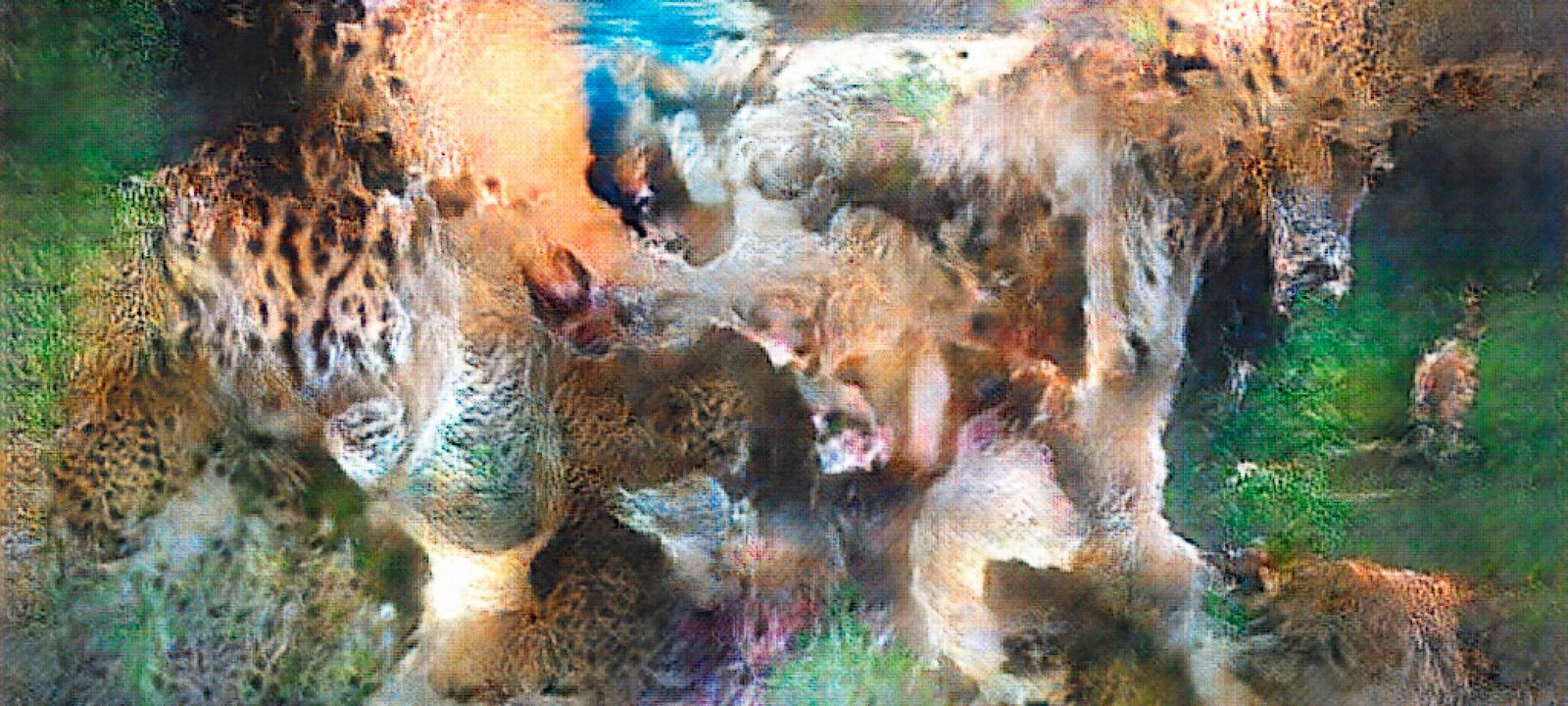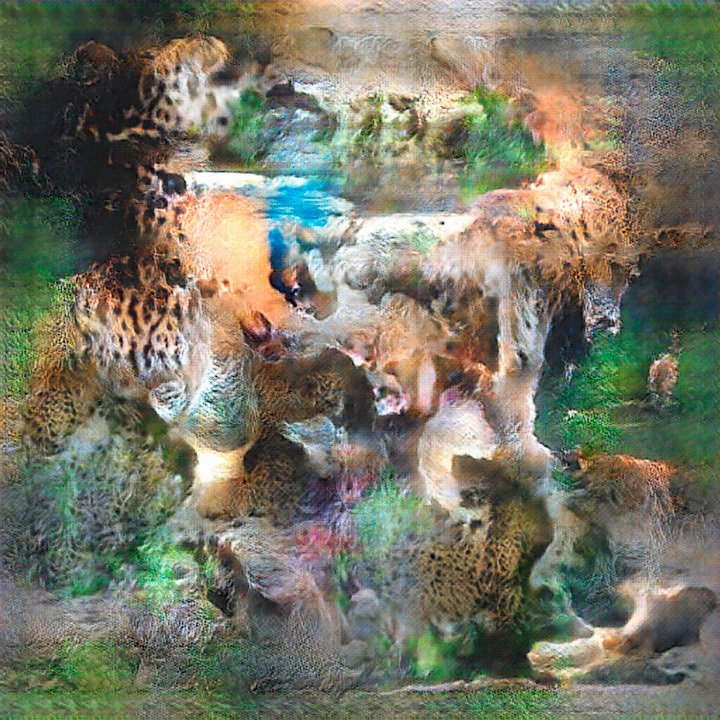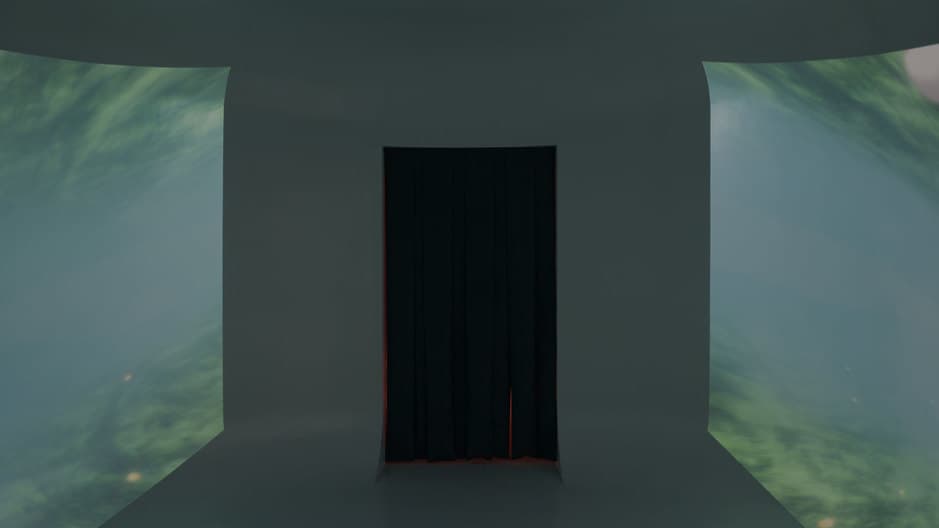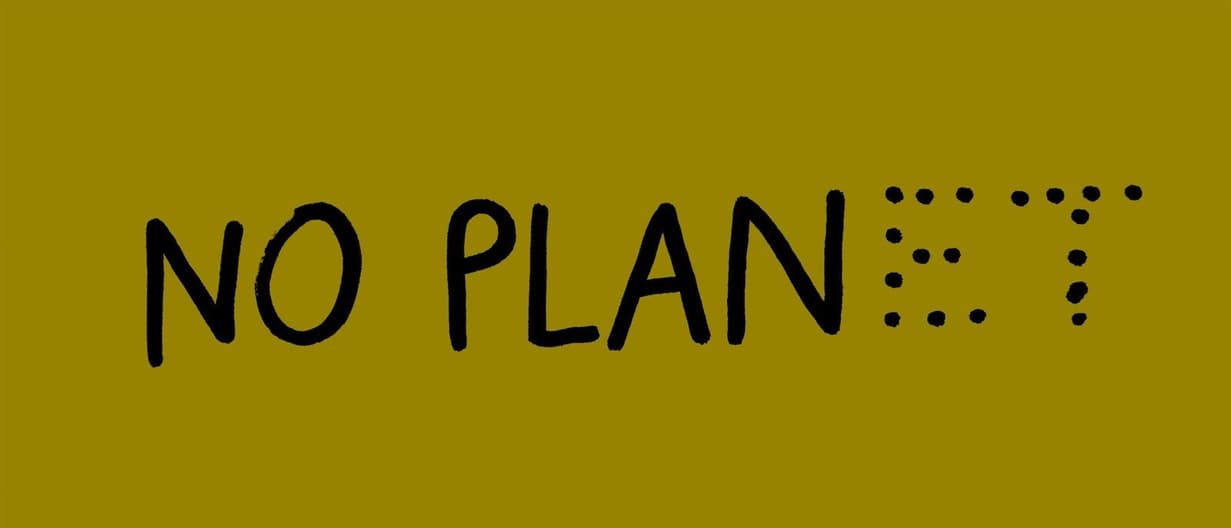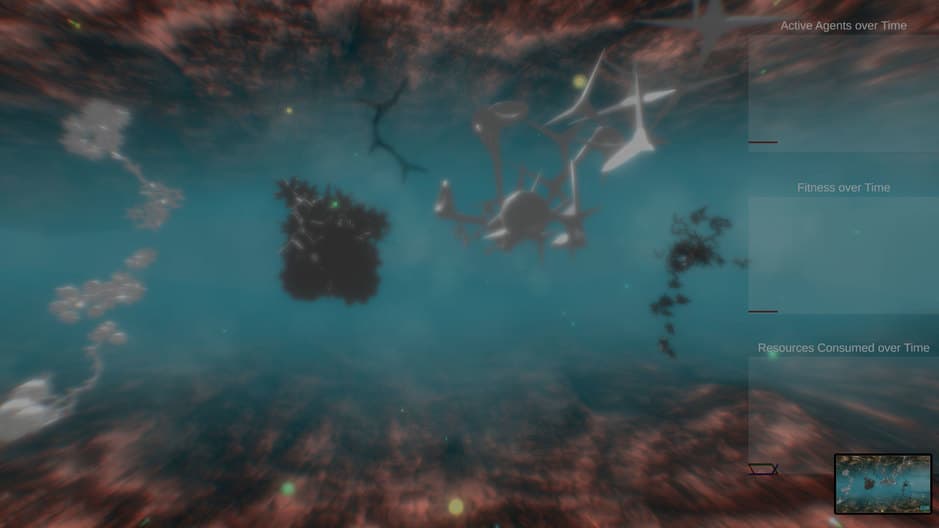The aim of the project is to critically explore different notions of evolution in the past, present, and speculative future and its starting point is Moscow’s State Darwin Museum, one of the first European museums devoted to evolutionary theory.
The museum itself has gone through a particular history of views on phenogenesis—some determinist, envisaging an end of evolution (corresponding to certain political trajectories), others irrational, representing a holistic approach that involves speculative forces. Today, we may be entering a new era in the history of evolution, one where advanced biotechnology and artificial intelligence (AI) may lead to an unexpected and rapid rise in diversity of artificially generated organisms.
In his contribution to The Coming World: Ecology as the New Politics 2030–2100 Sascha Pohflepp worked on an imaginary extension to the State Darwin Museum that focuses on a new nature created by anthropogenic technological means such as the combination of synthetic biology/genetic engineering with neural networks as sources of imagination. The State Darwin Museum’s collection served as a training set for the dual process of recognition and generation of new creatures performed by the AI developed for the project.
Along with the practical aspect, the project looks into several questions posed by contemporary philosophy. What is the role of randomness and intention in natural evolution and how has it historically been related to political ideas of the time? How was evolutionary history meant to end and why hasn’t it? What is the role of creativity and imagination in nature and how does it differ from human imagination? How do artificial intelligences know and imagine the world—rationally or «irrationally?» What is the aesthetic potential of such imagination, especially when using life as the subject of its creativity? How will natural and unnatural evolution coexist in the future?
Status: 2019
Researcher: Sascha Pohflepp
